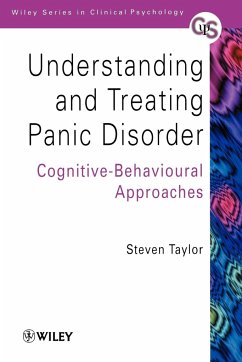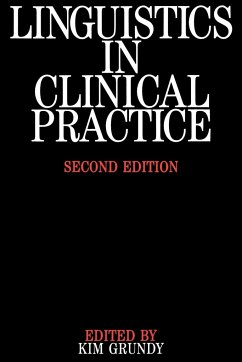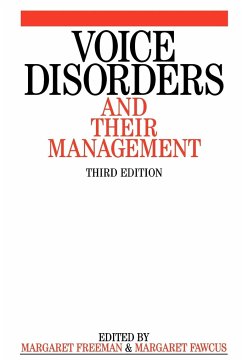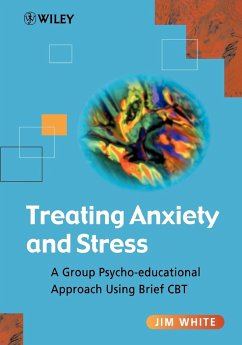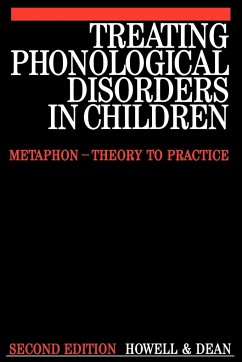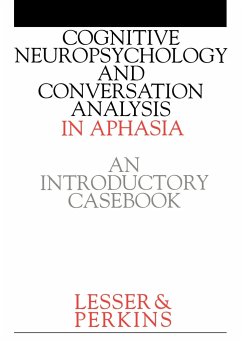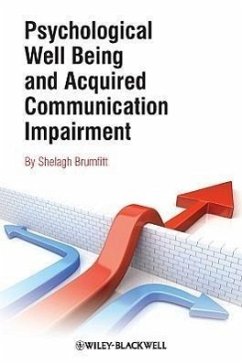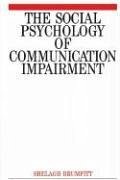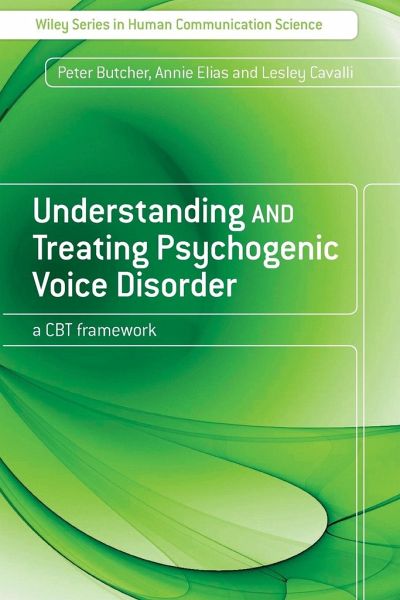
Understanding and Treating Psy

PAYBACK Punkte
43 °P sammeln!
This book provides a step-by-step guide to understanding and treating psychogenic voice disorder by combining speech and language therapy with skills drawn from the field of cognitive behaviour therapy (CBT). Beginning with a new classification of psychogenic voice disorder, the authors then provide a description of the CBT model and give helpful and systematic guidelines on using this approach in combination with speech and language therapy skills. They provide invaluable guidance on how to extend the standard voice case history to include a psychosocial assessment, and how to apply symptomat...
This book provides a step-by-step guide to understanding and treating psychogenic voice disorder by combining speech and language therapy with skills drawn from the field of cognitive behaviour therapy (CBT). Beginning with a new classification of psychogenic voice disorder, the authors then provide a description of the CBT model and give helpful and systematic guidelines on using this approach in combination with speech and language therapy skills. They provide invaluable guidance on how to extend the standard voice case history to include a psychosocial assessment, and how to apply symptomatic voice therapy principles and techniques for this patient population. Later chapters show how to assess and work with patients suffering from symptoms of anxiety and lowered mood, and how to understand and respond to various forms of psychopathology that may present in association with voice disorder. Finally, detailed case studies illustrate how an experienced therapist might respond to individual assessment and treatment challenges. Many of the assessment and therapy tools described are available at Understanding and Treating Psychogenic Voice Disorder provides a comprehensive description and methodology for speech and language therapists, ENT specialists working in voice, and all academics studying the voice. It also makes an ideal introduction for clinical psychologists who wish to expand their experience in this field.



